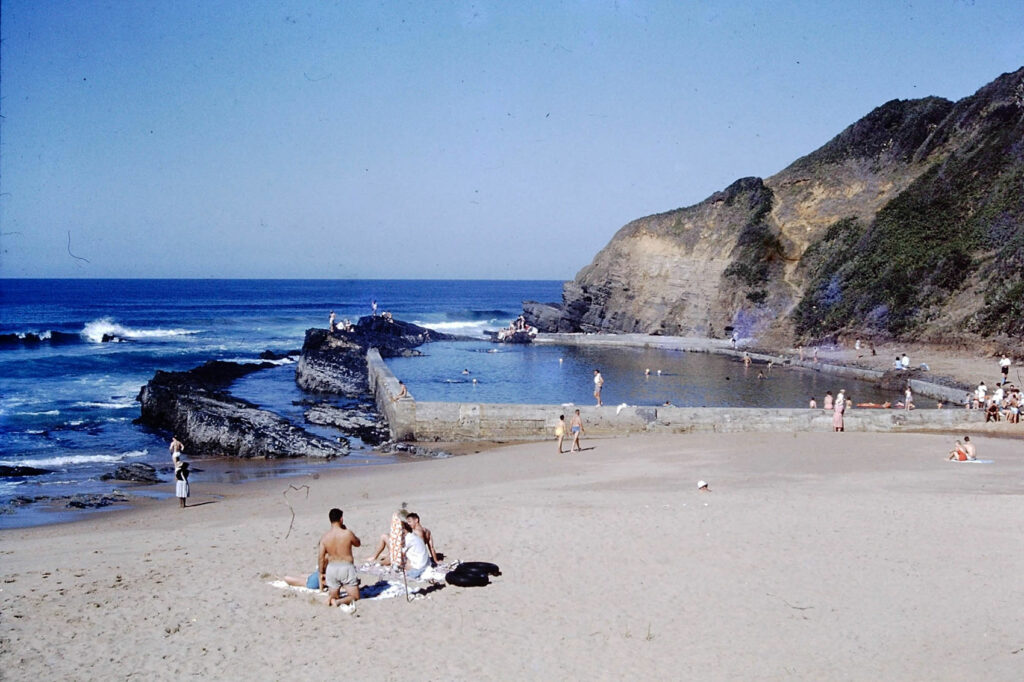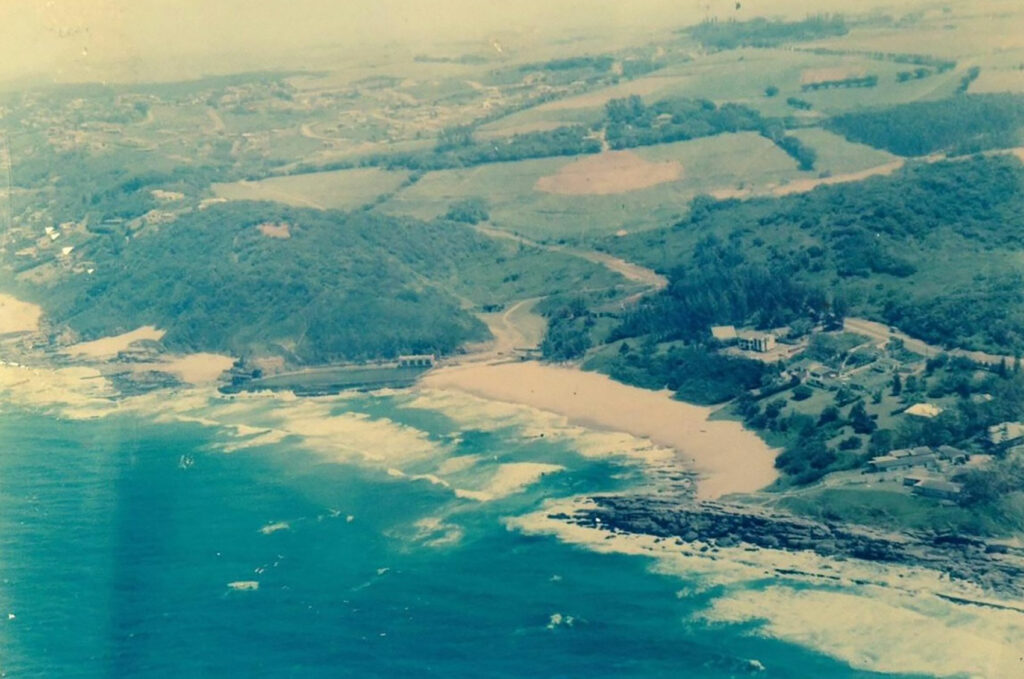KwaZulu Natal’s history unfolds with a blend of exploration, settlement, and cultural influences. Vasco da Gama, the renowned explorer, first set eyes on this land in 1478 while sailing along the coastline, his sights set on discovering a sea route to the east. However, it wasn’t until 1824 that European settlers began to arrive on its shores. They reached Port Natal, a name later changed to Durban in honour of Cape Governor D’Urban.
In 1825, Zulu King Shaka made a significant move by relocating his capital from Bulawayo, near Eshowe, to KwaDukuza, near what is now the town of Stanger. The small village of Shaka’s Rock received its name from the rocky promontory where King Shaka is believed to have tested his warriors’ courage and loyalty. It is said that from this very point, he would compel his enemies, or any young soldier deemed too timid to face battle, to leap from the rock into the sea below.
The 1940s brought a wave of French-Mauritian families to the region from Mauritius following the war. Many of them established sugar cane farms along the north coast. Among these settlers was Charles (Charlie) de Charmoy, who arrived from Mauritius at the age of 15. He would go on to become a highly successful sugar cane farmer. In the 1940s, he constructed the Chaka’s Rock Hotel, situated across the road from where Salt Café now stands.


In 1962, Charles de Charmoy and his sons, Roland and Cyril De Charmoy, along with his sons-in-law, Maxime and Michel Robert, collaborated with their farm labourers to build the Thompsons Bay Tidal Pool, affectionately known as Charlie’s Pool on Thompsons Bay. This Olympic-sized pool measures an impressive 106.68 meters (350ft) in length and 30.48 meters (100ft) in width. It took seven weeks and approximately 2000 pockets of cement to complete, becoming a popular spot for snorkelling due to its wide variety of fish, corals, and sea life.
Shaka’s Rock is nestled between the towns of Ballito and Salt Rock. Ballito, initially a sugar farm, was officially established as a town in 1954 when a group of businessmen began identifying land for development and sale. The town’s name, “Ballito,” was borrowed from an alluring advertisement for hosiery produced by Ballito Hosiery of St. Albans, England, translating from Italian as “little ball.”
The Rutherfoord family have been trading in Zululand since 1918, and in 1962.They ventured into the hospitality sector by establishing the Ghost Mountain Inn in Mkuze. In a more recent development, in 2017, the Rutherfoord family acquired four parcels of land, which today constitute Sala, leading to the opening of Sala Beach House at the end of August 2022.
9:36 pm